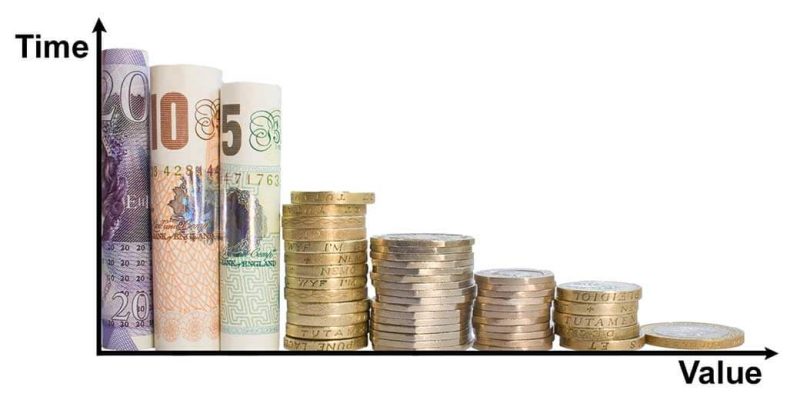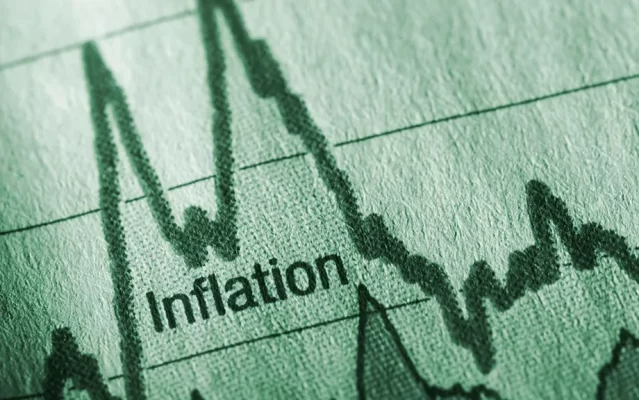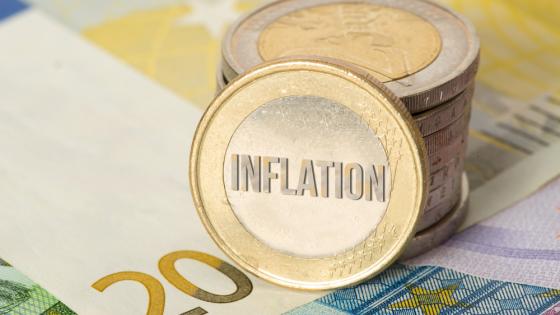Persistent Inflation Challenges UK and Global Markets; Auto Industry Must Adapt
The Bank of England (BOE) surprised investors by raising interest rates due to stubbornly high inflation challenges. Economists predict further rate hikes in the coming months.
The BOE’s decision to raise interest rates driven by concerns over high inflation levels in the UK. A recent Reuters poll indicates that a majority of economists expect two more rate hikes in the next quarter, with a total increase of 50 basis points. The aim is to curb inflationary pressures and bring them under control.
In Canada, the consumer price index (CPI) shows a deceleration in the rate of inflation. However, broader inflationary pressures remain a concern for the Bank of Canada.
Despite raising the target for its overnight rate, policymakers are closely monitoring the dynamics of core inflation challenges.
Cruise line operators experienced a decline in share value following Carnival’s forecast of lower-than-expected profits for the third quarter.
Stickier inflation, driven by increased port expenses, freight costs, crew travel, and elevated labor expenses, has impacted the company’s cost outlook.
While Norwegian Cruise Line’s stock fell significantly, Carnival’s US stock and Royal Caribbean Cruises saw some recovery from their lows.
You may also like: Inflation Reasons and Why Do People Talk About It?
Inflation Challenges Walgreens Boots Alliance’s Quarterly Report and Future of Boots

Walgreens Boots Alliance is set to release its quarterly earnings, with investors eagerly awaiting an update on the future of its subsidiary, Boots.
The global pharmacy business has been under scrutiny. And there have been discussions of a possible breakup to focus on inflation challenges the domestic market.
Boots, a renowned chain established in 1849 and acquired by Walgreens in 2012, had previously been put up for sale but failed to find a suitable buyer. The current developments indicate a renewed effort to explore options for the UK-based chain.
AlixPartners’ 2023 Global Automotive Outlook highlights the need for radical changes in the auto industry to compete with Chinese brands.
The report suggests that Chinese players are poise to become influential forces in the global automotive sector.
Chinese brands are expect to shape the future of the automotive industry. Requiring existing players to adapt inflation challenges and innovate to stay competitive on a global scale.
What Has Caused Persistent Inflation in The United States

Persistent inflation, in the United States has been influenced by factors. One significant contributor is the response to the COVID 19 including federal spending initiatives like the CARES Act and the American Rescue Plan.
These initiatives involved an expenditure of around $5 trillion which fueled demand from consumers and businesses. This surge in demand along with labor markets led to wages and prices contributing to inflation.
Another important factor is disruptions in the supply chain. These disruptions had an impact in 2021 and 2022 particularly affecting industries such as the sector. Shortages of components like computer chips resulted in reduced production capacities, which combined with demand led to price increases especially for durable goods.
Additionally escalating food and energy prices have also played a role in driving up inflation rates. Notably the crude oil market faced disruptions due to events like the invasion of Ukraine leading to increased gasoline prices and higher costs for various industrial inputs.
As initial shocks such as commodity prices and supply chain disruptions have subsided somewhat it is now evident that a tight labor market and wage pressures are emerging as drivers of slightly lower inflation rates. This shift indicates that inflation is becoming deeply rooted and may require macroeconomic policy interventions, for mitigation.





